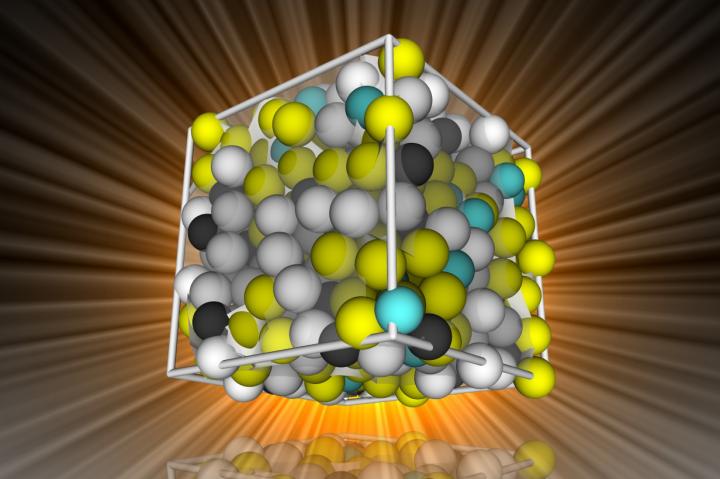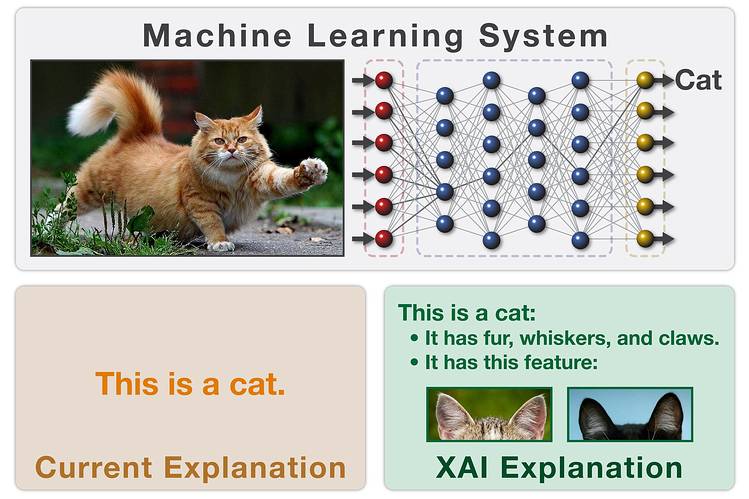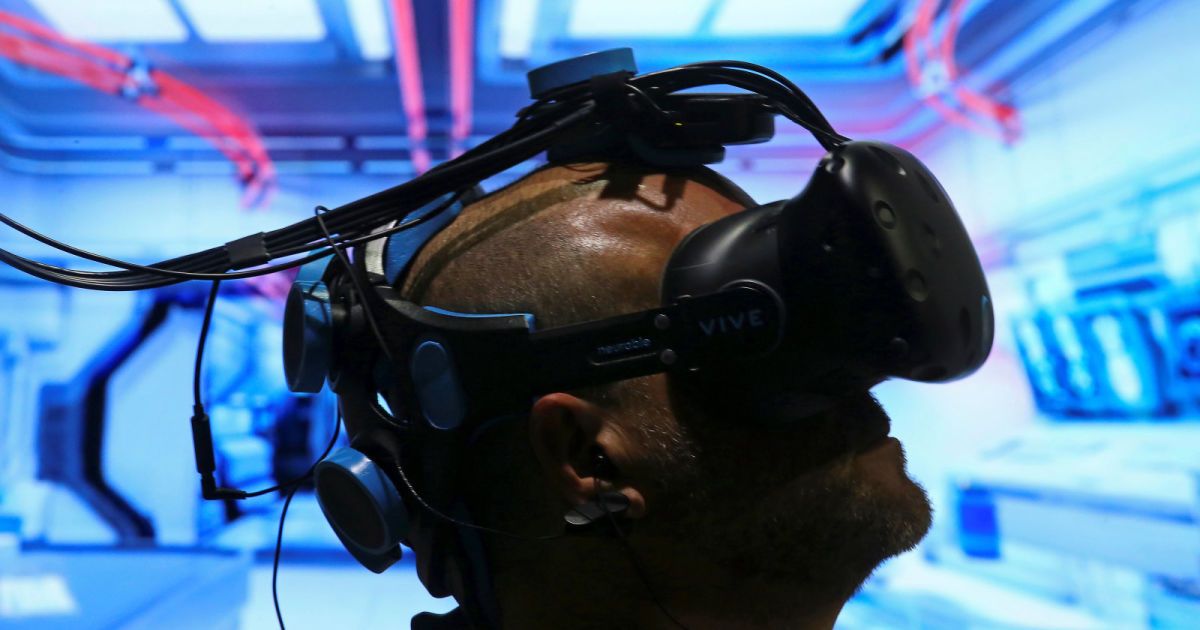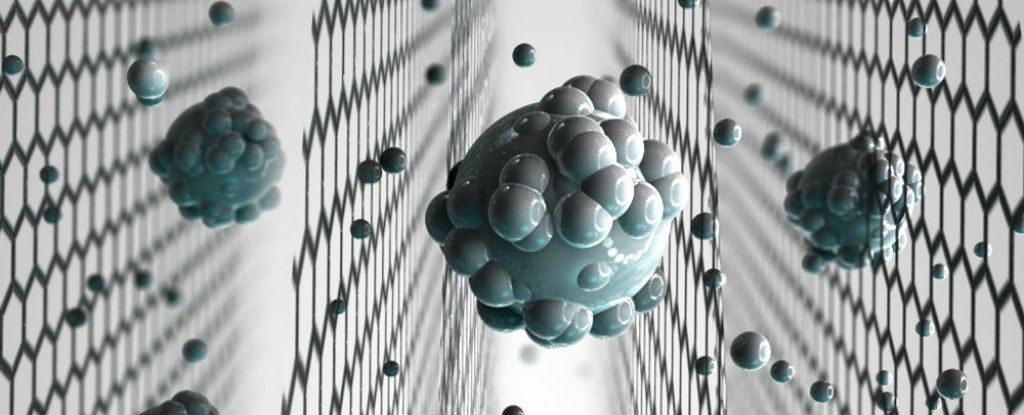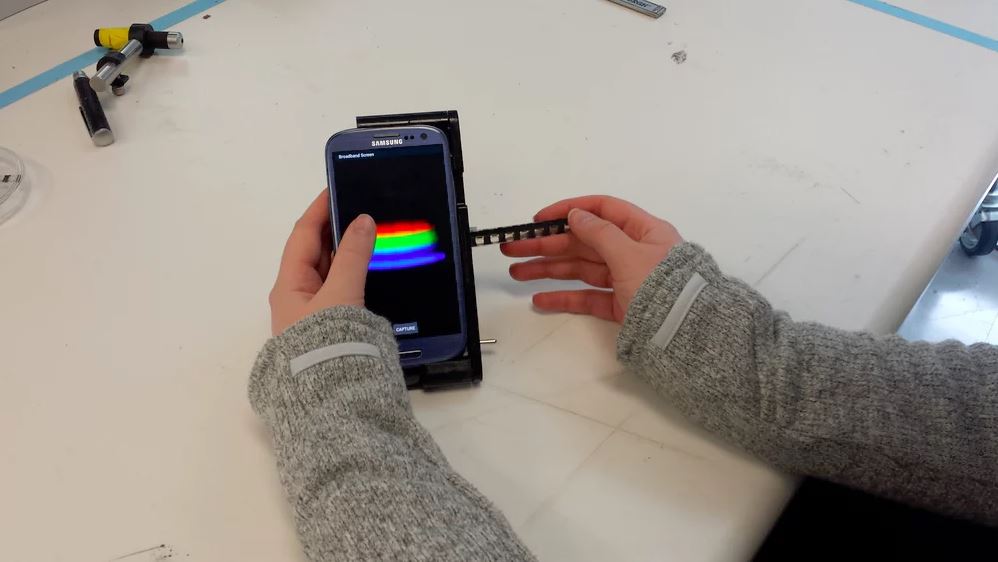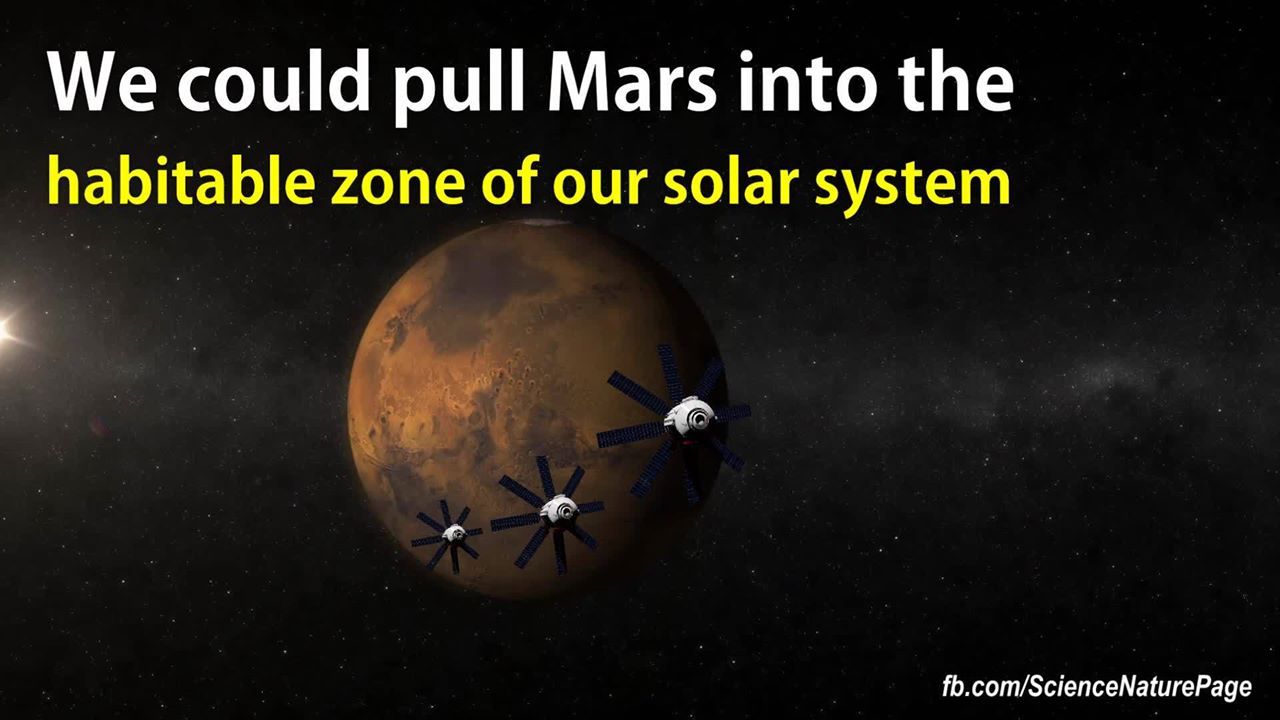Aug 15, 2017
Scientists think they might soon be able to edit human memories
Posted by Dan Kummer in category: neuroscience
Researchers have recently discovered two different types of memory use completely different processes in the same nerves, opening the way for a new pharmaceutical solution for treating anxiety and post-traumatic stress disorder (PTSD).
The find challenges earlier research that had suggested memories of traumatic events used the same nerves in the same ways, making them impossible to physically distinguish.
A team of scientists from Columbia University Medical Center (CUMC) and McGill University analysed neurons from a marine snail called an Aplysia in order to test a hypothesis explaining why memories of incidents surrounding a bad experience can themselves trigger anxiety.
Continue reading “Scientists think they might soon be able to edit human memories” »


